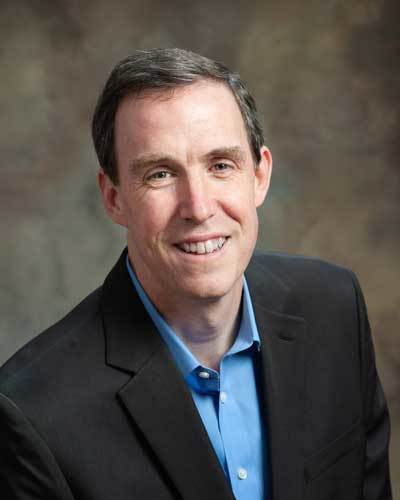It’s time for legacy churches to ... close

It’s no secret that many legacy churches have been struggling for several decades. You know all the reasons for that and the financial implications that has created. The pandemic has heightened anxiety and fears about viability. It’s time for all of us to have some conversations about what is essential of our church’s ministries and even if our church is essential. Those honest and reality based conversations need to lead some of us to invoke our “living wills” and say “no more treatment – no more solutions – we are ready to live out our days.” So how do we do that:
- Say it out loud: As a pastor, one of the hardest things I have to do is to name reality. Sometimes that is with the health of an individual. Often the person knows they are at the end of their life but the family is understandably struggling. So I need to help them say what is happening “out loud.” It’s only when it is out in the open that we can then talk about the gift of each day and how we want to live out our days.
- Grieve: “I never thought this would happen to my church.” “What did we do wrong?” “If only we had done . . .” These are all words of grief. Most people I know would like to have some final conversations, a chance to visit some memorable places and an opportunity to be grateful for life. All of our churches need to do those things as we celebrate the life of a church and its impact on our communities. Cry, celebrate and grieve together.
- Celebrate: Please do not let the last 5 years of your life define the rich history of your congregation. The great moment of the church I serve is that we were part of making religious liberty happen in the United States. We did that in the 1770’s and 1780’s – a long time ago. I like to say, “if we have done nothing else positive since then – that’s a pretty remarkable legacy our church leaves. So remember your “religious liberty story” – don’t discount that because you have come to the end of your church’s days. Celebrate the great moments – remember the baptisms, weddings and funerals. Remember loading up the station wagons to take the kids to summer camp. Remember the hymn sings and the ice cream. Remember how faithful God has been to your church and give thanks!
- Seed new missions well beyond your current thinking. Take some risks with your assets. Many times the assets default to the denomination (and that might be a legal requirement for your church) but if you have the option, look broader then the default option. Help someone else create a story that is amplified by the risk a “dying” church took on us decades ago. You will need your best thinking and prayerful discernment to do this well.
To the larger faith community that we have supported through the years – would you honor us by coming to our funeral? To our denomination that we have funded – would you stop talking about us as the problem, would you not just look at us as the owner of resources that need to be better deployed – would you simply come for a visit? To our church planting friends that we have supported and helped (intentionally and unintentionally) would you recognize that we have been very successful at doing something you need to learn to do (passing church leadership from generation to generation) would you come listen to our stories and let us help you understand that not every season is harvest season. To both groups – instead of diagnosing what we have done wrong, or thinking about divvying up the assets – just come celebrate what God has done through our church for multiple generations.
The Kingdom of God does not hang in the balance when legacy churches close. So let’s stop holding on “white knuckled,” that requires too much emotional and spiritual energy. Let’s pass the torch recognizing our sadness but celebrating the gift of God that we experienced through our church.
Dan Carlton was called to serve as pastor at Culpeper Baptist in August 2014. Dan has a passion for seeing legacy churches continue to grow and connect with the surrounding community, while maintaining traditional values and relevant ministries. Culpeper Baptist Church was birthed in 1774 in the soil of religious liberty by its first pastor Nathaniel Saunders, who was imprisoned in the Culpeper Jail and its third pastor, John Leland, who helped establish religious freedom in the Constitution.





















